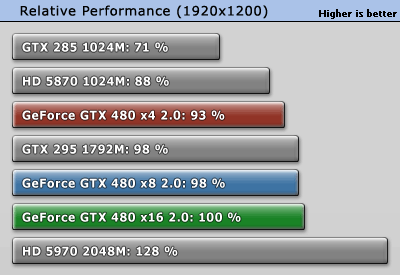I just read that the Ivy bridge CPU will "support" PCIe 3.0. I didn't know the CPU could cap how much bandwidth a video card bus could utilize, so I must be missing something?
If not, would the Sandy Bridge CPU cap a PCIe 3.0 motherboard and video card from utilizing the extra bandwidth?
If not, would the Sandy Bridge CPU cap a PCIe 3.0 motherboard and video card from utilizing the extra bandwidth?



